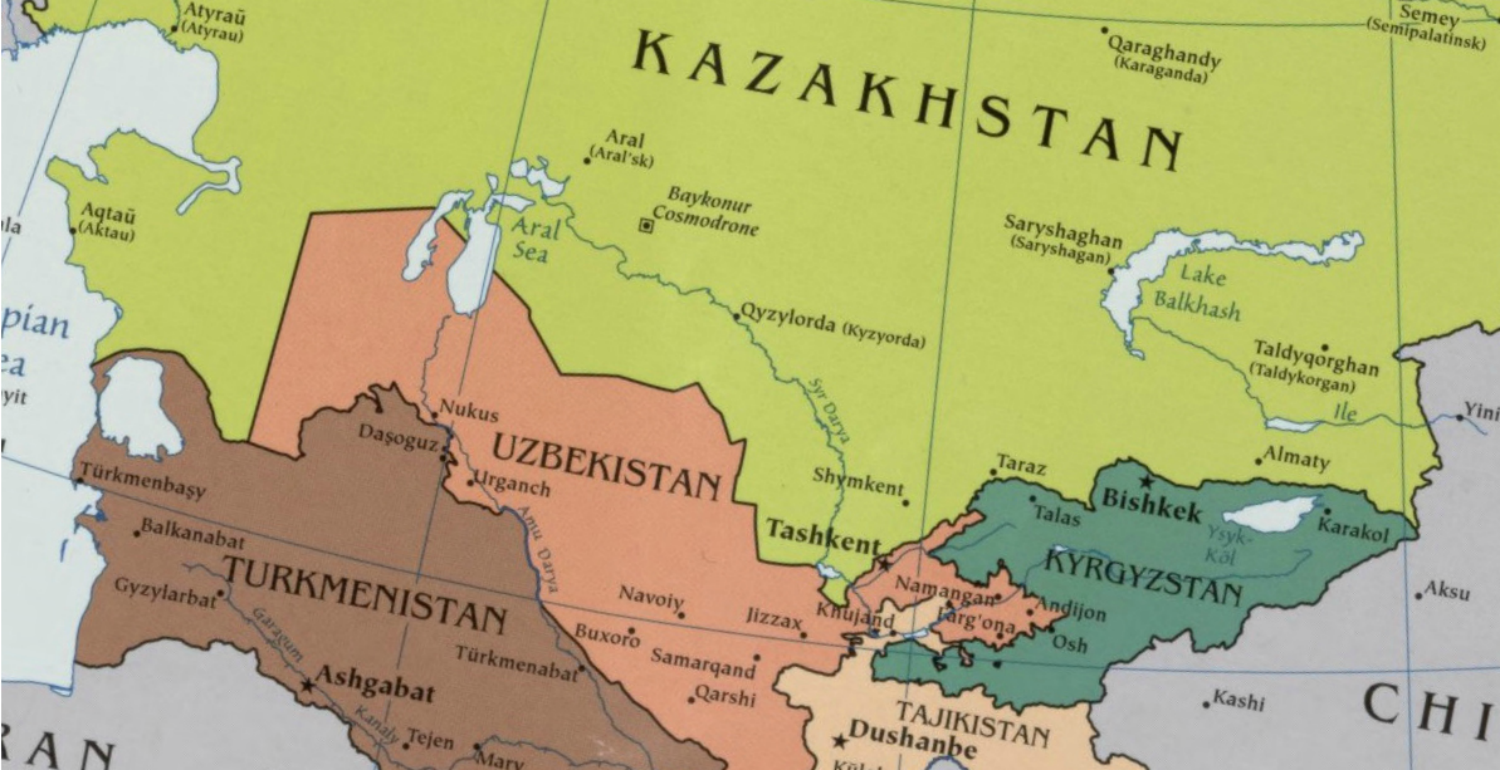This was the first Helsinki Commission hearing held on the Central Asian republics. The Commissioners and witnesses discussed five countries’ transitions to independence, which were complicated by the presence of repressive regimes that maintained the old Soviet-style order and economic turmoil.
Chairman DeConcini opened the hearing by noting that the presidents of four out of the five new Central Asian countries were former first secretaries of the Communist Party. Dr. Martha Olcott, professor of political science at Colgate University, expressed concern over the rise of extremist ideologies of nationalism and Islam in the region, which were fuelled by economic stagnation. Firuz Kazemzadeh, professor emeritus as Yale University, argued instead that the dominant threat in the region came from the projection of Russian influence. This was corroborated by Micah Naftalin, director of the Union Council for Soviet Jews, who detailed the KGB’s role in silencing the press and repressing opposition in Turkmenistan, and the growth and diffusion of anti-semitism from Russia into Central Asia. A final testimony was offered by Adbumannob Pulatov, chairman of the Uzbekistan Society for Human Rights. Pulatov decried the lack of press freedom in Uzbekistan and urged Congress to continue its monetary support of Radio Liberty. In the end, all four witnesses cautioned that human rights concerns often take a back seat to other issues, and that doing so could jeopardize progress in the field.





